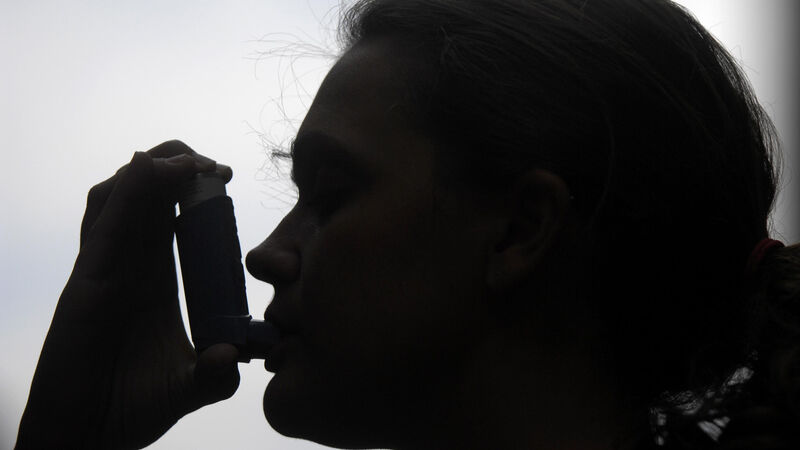Doctors find using drug differently may be ‘gamechanger’ for asthma treatment

The results could be transformative for millions of people with asthma and COPD around the world. File photo
Doctors are hailing a new way to treat serious asthma and chronic obstructive pulmonary disease (COPD) attacks that marks the first breakthrough for 50 years and could be a “gamechanger” for patients.
A trial found offering patients an injection was more effective than the current care of steroid tablets, and cuts the need for further treatment by 30%. The results, published in the Lancet Respiratory Medicine journal, could be transformative for millions of people with asthma and COPD around the world.










